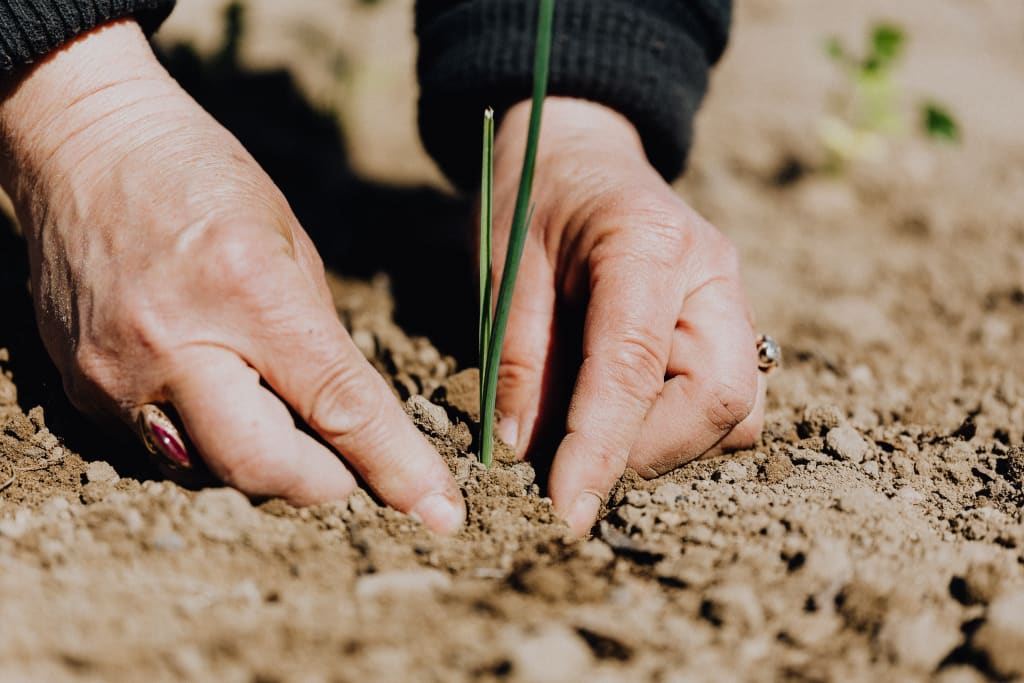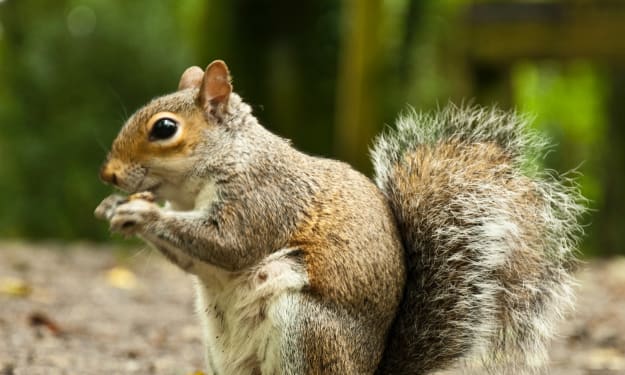
Climate change poses a major threat to global food security and the livelihoods of millions of people. As temperatures rise and weather patterns change, farmers are facing increasingly difficult challenges in producing food.
The agricultural sector must adapt and innovate to ensure a sustainable and secure food system in the face of these challenges. In this article, we will explore the steps that can be taken to ensure a sustainable and secure food system in the face of climate change.
The future of food production and agriculture in a changing climate is a critical issue that will have a major impact on global food security and the livelihoods of millions of people. Climate change is already causing a wide range of problems for farmers and the agricultural industry, including more frequent and severe weather events, changes in temperature and precipitation patterns, and a decline in soil health.
However, by adapting and innovating, the agriculture sector can not only continue to feed the growing global population but also be more sustainable and resilient and play a role in mitigating the effects of climate change.
Here are some key steps that can be taken to ensure a sustainable and secure food system in the face of climate change:
- Increase crop diversity: By growing a wide variety of crops, farmers can reduce their dependence on a single crop, which can be vulnerable to weather extremes and pests. This can help increase food security and resilience to climate change.
- Promote sustainable farming practices: This includes practices such as crop rotation, conservation tillage, and agroforestry, which can help improve soil health and water retention, reduce erosion, and sequester carbon.
- Use precision agriculture: Technology such as precision irrigation, weather forecasting and sensing, drones, and satellite imagery can help farmers optimize crop yields and reduce water usage. It also minimize the use of inputs like fertilizers.
- Invest in research and development: Investing in new technologies and practices, such as drought-resistant crop varieties, can help farmers adapt to the changing climate and increase food production.
- Encourage conservation of natural habitats: Conservation of natural habitats such as wetlands, forests, and grasslands can help to reduce carbon emissions, protect biodiversity, and provide important ecosystem services such as pollination, pest control and water purification.
- Encourage the shift towards plant-based diet: The agriculture industry that focus mainly on producing animal protein, such as meat and dairy, have a large carbon footprint. Encouraging a shift towards plant-based diets can reduce the emissions associated with food production and thus be a strategy to mitigate climate change.
Overall, addressing the future of food production and agriculture in a changing climate is a complex and multifaceted challenge that requires a wide range of actions, including policy changes, investments in research and technology, and the development of new farming practices. By working together, governments, farmers, researchers, and consumers can ensure that the agricultural sector is sustainable, resilient, and able to feed the world's growing population in the face of climate change.
Conclusion:
Ensuring a sustainable and secure food system in the face of climate change is a complex and multifaceted challenge that requires a wide range of actions. The key steps that can be taken include increasing crop diversity, promoting sustainable farming practices, using precision agriculture, investing in research and development, encouraging the conservation of natural habitats, and shifting towards a plant-based diet.
By working together, governments, farmers, researchers, and consumers can ensure that the agricultural sector is sustainable, resilient, and able to feed the world's growing population in the face of climate change. Ultimately, addressing the future of food production and agriculture in a changing climate requires collective action, investments, and innovative solutions.
About the Creator
Nova
As an article writer and poet, I am excited to share my knowledge and creativity with the world. I bring accuracy and attention to detail to my writing, thoroughly researching topics for my articles and pouring my emotions into my poems.






Comments
Nova is not accepting comments at the moment
Want to show your support? Send them a one-off tip.